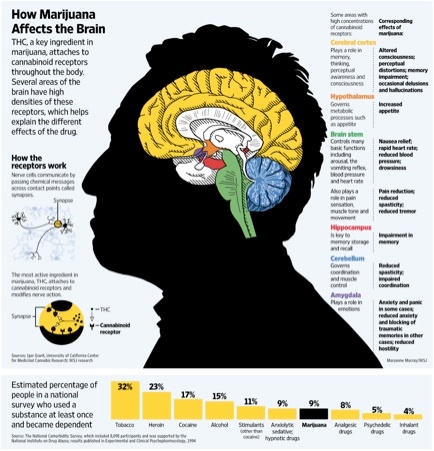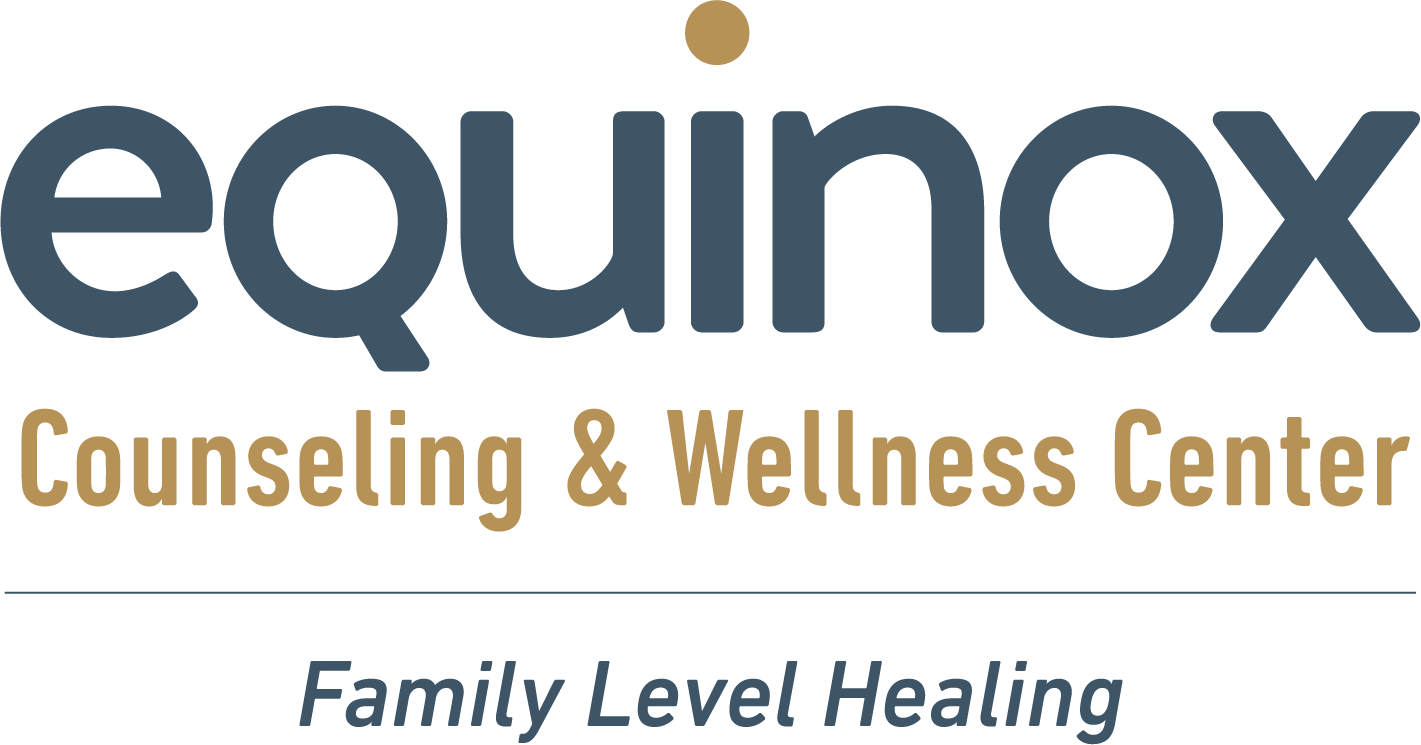Marijuana is the most commonly used illicit drug in the United States. Furthermore, its use is pervasive among young people. However, here is some good news: according to the Prevention Youth Risk Behavior Surveillance Assessment, rates of marijuana use among high school students in Colorado have slightly dropped from 24.8% to 22% in the past few years since the passing of HB10-1284, Colorado’s historical medical marijuana regulation legislation (source). Therefore, there is no noticeable link between increased youth marijuana use and state legalization. However, the number of young people who believe that marijuana use is harmful is rapidly decreasing (source).
There are many myths out there about marijuana, so it is important to know the facts and be able to share the correct information with your teens, family and friends. One of the most prevalent myths is that marijuana isn’t addictive. Research shows that approximately 9% of those who use marijuana at least once will become addicted. This rate increases to about 17% for those who start using in their teens and goes up to 25-50% among daily users (source).
Another important myth about marijuana that needs to be debunked is that it is not harmful because it comes from a plant. Some short terms effects of marijuana use include: increased heart rate, paranoia, shutdown of memory creation, disconnection from reality and a dangerously lowered reaction time. Long-term effects of marijuana use include: increased risk of mental disorder, chronic bronchitis, damage to reproductive system and acute effects of memory and learning especially in the adolescent years.

Furthermore, the marijuana we are dealing with today is a whole different story compared to the marijuana we knew thirty years ago. The THC, or tetrahydrocannabinol, potency has more than tripled over the past two decades. In the 1980s, the TCH level was about 4% compared to the 20%-30% potency levels we are facing today. According to the National Institute on Drug Abuse, higher potency levels could lead to a greater chance of an adverse or unpredictable reaction and for heavy users, a greater risk of addiction.
We are in uncharted territories with today’s marijuana, so it is very important to arm yourself and your teen with the most up to date information. Teen years are very important for social, emotional, and physical growth so this is the time to encourage positive peer interactions, pro social activities and exercise. The more your teen’s schedule gets booked up, the less idle time they will have to fill with harmful activities.
Does your teenager have problems with substance abuse? Let us help! Check out our programs for troubled teens.










